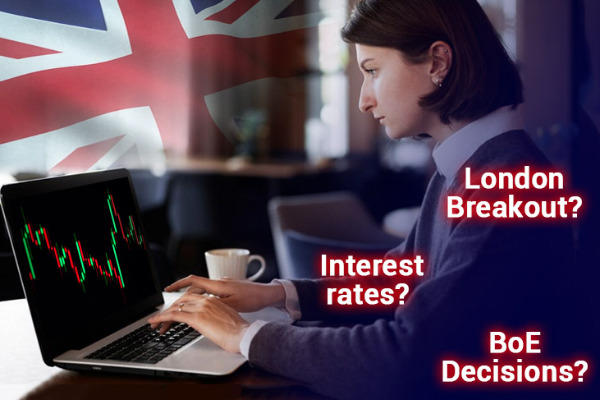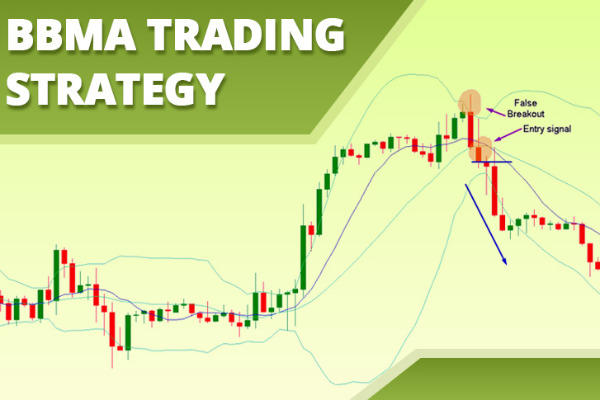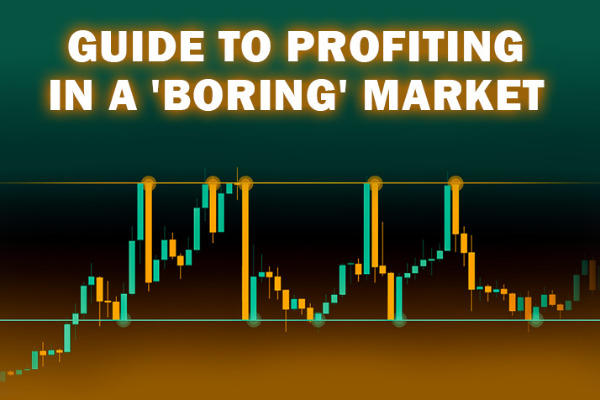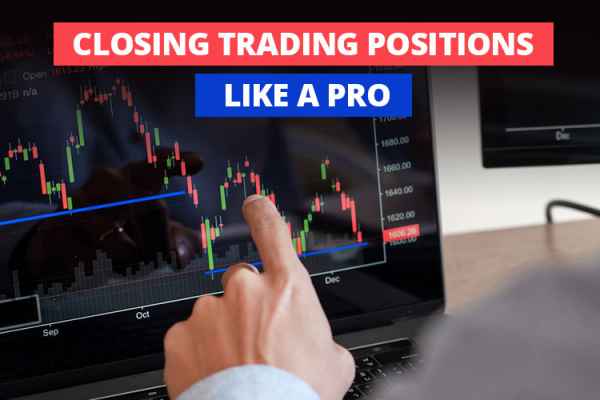Becoming a professional day trader is a tantalizing prospect as you can find many trading opportunities every day and earn profits from them. Yet, there are risks that needed to be overcome.
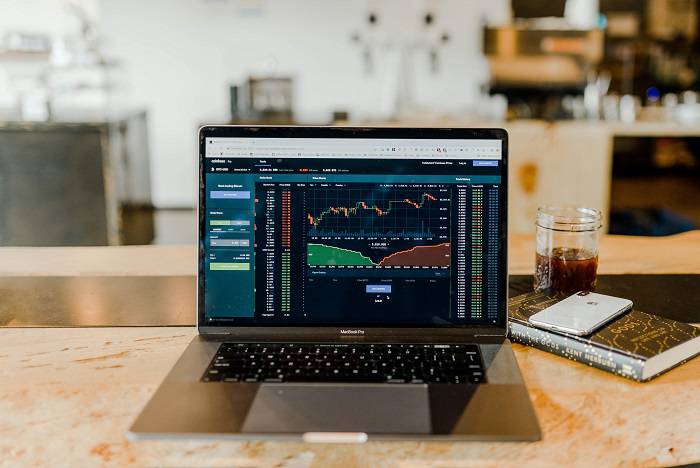
A day trader is specifically identified by his way of opening and closing positions in one day. He can buy in the first trading session and then sell in the second or third session. The purpose is to get profits daily from the short term market movement. This kind of trait is quite speculative as the main goal is to seek benefits from the difference of price fluctuations during one day of trading.
In short, here are several tips to be a professional day trader:
- Understand the Principles
- Don't Make It as an Investment
- Don't Gamble
- Follow the Daily Outlook
- Apply the Five Ws (and One H)
- Wait 15 Minutes
- Make Use of the Limit Orders
- Use the Stop Loss Wisely
- Don't be too Ambitious
- Control Your Emotion
- Review Your Trades
A comprehensive explanation of how to become a professional day trader is provided below to help you understand the intricacies of day trading.
11 Professional Tips for A Successful Day Trading
Day trading is a short-term strategy that needs skills to open and close positions in one-day intervals. Although it seems like a speculative strategy and may be clouded with trials and errors, there are some rules you need to adhere to if you want to be safe from its biggest pitfall.
1. Understand the Principles
First of all, you must know how the forex market works. Learn how the trading process runs from A to Z. Besides reading articles and books about trading, another smart alternative is opening a virtual trading (forex demo account) where you can easily practice without using real money. Sharpen your skills in the virtual trading account until you understand the principles of how the market flows. Don't rush into live account trading because it is when you have to risk real money.
2. Don't Make It as an Investment
The first rule you must remember is that day trading is not an investment. It is a short-term trading strategy that aims to profit from the differences in price movement in a day. You will face many risks in day trading. One of them is the volatility risk. This risk may bring profit if you can use it wisely, but it can be harmful if you open the position without good analysis and money management.
3. Don't Gamble No Matter What
Although day trading is not an investment, it requires you to open positions based on how you analyze the market and put it into a sound trading system. Never considered day trading as gambling. The gambling mindset will let you trade without plans and strategies and leads you to hunt profits randomly and carelessly.
4. Follow the Fundamental and Sentiment of the Daily Market
The fundamental element strongly impacts the daily market movement and bias. The release of important news in the United States, for example, may affect the price in the forex market if it is not predicted carefully. Therefore, you must pay attention to the economic calendar and mark the high-impact moments that may bring volatility to the price and affect your day trading strategy.
5. Apply the Five Ws (and One H)
You must have good planning in trading, whatever the method is. If you are confused about where to start, you can apply the Five Ws and One H strategy:
- What: Currency pair(s) that you trade.
- Who: The broker you use.
- When: The time you use for trading.
- Where: The platform where you analyze the price and place your trades.
- Why: The reason you enter the market.
- How: The way you manage Money Management to minimize the risk.
Each question can be answered based on the trading system you carry out. For the pair, you can choose the major pairs (EUR/USD, AUD/USD, GBP/USD, etc), the cross pairs ((AUD/CAD, EUR/CHF, AUD/JPY, AUD/NZD, etc), or even the exotic pairs (USD/TRY, EUR/TRY, USD/ZAR, USD/MXN, etc).
Regarding the broker you use, choosing a forex broker whose specification fits your trading strategy is better. More importantly, you also need to pay attention to safety measures like how experienced the broker is, whether it is regulated or not, how it processes the clients' deposits and withdrawals, how they respond to client's questions and complaints, and so on.
About the right time for trading, you can pick whenever you want during business days since the forex market opens 24/5. This way, you can adjust your trading time not to disturb your working schedule and your time with family or other activities.
Then, you can choose the platform you're most comfortable with for the trading platforms. Several commonly used platforms are Web Trader (web-based trading platform), MetaTrader 4, MetaTrader 5, cTrader, and SIRIX. Normally, many traders choose MetaTrader 4 for they consider it as the most comfortable tool to use. However, other traders interested in trying other trading tools would also trade in MetaTrader 5, cTrader, etc.
To find why you enter the market, you must first decide whether you are a technical or fundamental trader. The technical trader use charts and various indicators such as MA, trend line, MACD, Bollinger Bands, RSI, Fibonacci, Pivot Point, candlestick patterns, and other chart-based analysis for identifying the market trend. Meanwhile, fundamental traders focus more on the economic news, reports, policies issued by the central banks, and even financial rumors.
Money management is also important. Several things that need to be focused on is the lot size in every trading position, target profit, and stop loss. As a day trader, you must also determine the maximum positions open. With good money management, you can prevent the margin call and preserve your trading account.
6. Wait 15 Minutes after the Start of Market Session
In the early 15 minutes when the market session starts, the price usually experiences high volatility, making it hard to be analyzed for most traders, especially for Price Action traders. So, you should wait patiently until the market sentiment is revealed.
After 15 minutes, you can find opportunities based on your trading setup. If you are a technical trader, you can open the position based on the signals of your indicators or other technical tools. If you are a news trader, don't be careless about entering the market before or when the news is released. It is better to wait some minutes after the news release to see where the settled market sentiment brings the price.
7. Don't Hesitate to Make Use of the Limit Orders
Limit orders enable you to buy under the market price or sell above the current market price. For example, if GBP/USD is now traded at 1.1510, you can plan to sell at 1.1530. Will you wait and keep monitoring the trading platform until the price moves to the level you targeted? Of course not. Just set the Sell Limit at the expected price, and the execution will be triggered automatically. Your sell position is executed if the price increases and reaches your target level.
8. Use the Stop Loss Wisely
The next tip is to be wise in using the stop loss. Do you know your willingness to stay in a floating loss position causes more loss and potentially ruins your account? A stop loss will be a savior for most of losing cases. In other words, trading without a stop loss is a fatal mistake that must be avoided. You must pay attention to the price movement to determine a stop loss. Place the stop loss under the nearest support level for buy positions or above the nearest resistance level for sell positions. A random stop loss setting will cause your account to close too early and may result in you losing the opportunity to catch potential profits.
9. Don't be too Ambitious
Another important key to how to be a professional day trader is to control yourself when you enter the market. If the market is not good enough, don't be too ambitious in chasing the non-existence opportunity. You must understand that no one can control the market, which fluctuates unpredictably. You must always be on track with your trading system, stick to your plan, and be calm. Don't let the uncontrollable market situation attack you, or you will lose money.
10. Control Your Emotion in Any Condition
Among the fatal mistakes in trading, the incapability of controlling your emotion usually sits at the last position. However, the fact shows that the psychological factor is crucial for day traders. The cause might be their exhaustion from monitoring the market all day, being greedy after the big win, or fear after some consecutive losses in a short time.
No matter how it starts, you don't want to be a victim of your own emotion, do you? That's why started to learn and understand trading psychology. Keep practicing until you are cool enough to face the market in every condition. Trading with an ideal size of capital (not too big nor too small) and maintaining discipline in the trading strategy may help you to prevent the damaging effects of your emotion.
11. Review Your Trades by the End of the Day
A beginner often misses this rule, although it is very important. You always learn something at the end of a trading day. So, always spare your time to identify your success or failure every day, and put it in a trading journal. It will keep helpful notes that may benefit your future trades, as you can always learn from past mistakes and understand what makes your previous trades profitable.
The Characteristics of a Day Trader
A day trader's strategy is taking advantage of the price movement in day trading. It differs from an investor who will withdraw his capital after several weeks, months, or even years. A day trader's basic principle is that a market will always offer a chance daily.
So, who fits the job of becoming a day trader? Here are the main characteristics:
- Doesn't let any positions float for more than a day.
- Can analyze the market in the H4 or H1 time frame.
- It has the time for analyzing the market in every trading session and then monitoring the trading for the rest of the day.
- Always calculate the probability of the day and adjust them to manage the risks.
On the other hand, a day trader may not be suitable for those who:
- Prefer to trade long-term in D1, W1, or monthly time frames.
- Favor the short-term trading in M30, M10, or M5 time frames.
- Do not have much time to analyze the market every day and monitor it all day.
- Trade only as a part-time job.
The Biggest Pitfall of a Day Trader
The biggest pitfall in day trading is capital risk. This business tests your confidence and patience because you should monitor the trading screen, analyze, and execute the upcoming information. In other words, you have to do everything relatively quickly. An error in the analysis and execution phase can result in a loss that may derail you from seeing other opportunities with a clear view.
This trading method is pretty complicated and needs various skills. Therefore, it is not recommended for a beginner to do forex day trading. The method is appropriate for professional traders with years of experience and considers day trading their main job. Still, there is nothing wrong with enhancing your skills in day trade, even though you are a beginner. After all, to be a professional day trader, you've got to start somewhere, right?
A certain survey reveals that 90 percent of people who want to day trade have experienced failures and that many professional day traders have fallen into some mistakes that give them precious lessons to rise and become the successful traders they are today. Fortunately for you, those losing experiences have been widely shared so that other budding day traders may learn and increase their chances of becoming successful in the right way.
Even if being a day trader means getting involved in short-term trading, it doesn't negate the notion that becoming a successful trader is a long journey. How so? See detail on Trading Success is a Journey, Where Do We Start?

 Dedicated FREE FOREX VPS
Dedicated FREE FOREX VPS Free FOREX Virtual Private Server
Free FOREX Virtual Private Server MT4 Demo Contest, Get $500
MT4 Demo Contest, Get $500 Sign Up for an Account, Claim 60% Deposit Bonus
Sign Up for an Account, Claim 60% Deposit Bonus Free MT4/MT5 VPS 2024
Free MT4/MT5 VPS 2024 Send E-mail and Get Free Merchandise
Send E-mail and Get Free Merchandise $1K Refer a Friend Bonus for Pepperstone Pro clients
$1K Refer a Friend Bonus for Pepperstone Pro clients Maximize Your Earnings with 100% Deposit bonus
Maximize Your Earnings with 100% Deposit bonus Trade to Win, $5,000 Monthly Demo Contest
Trade to Win, $5,000 Monthly Demo Contest Claim 30% + 15% Deposit Bonus from LiteFinance
Claim 30% + 15% Deposit Bonus from LiteFinance

